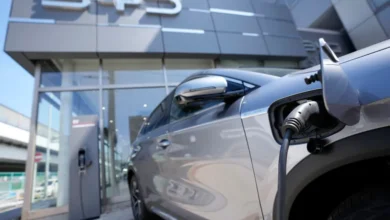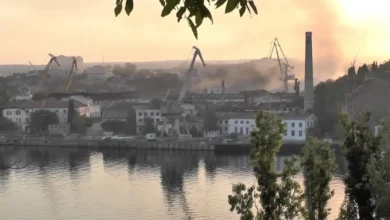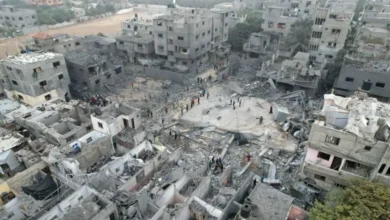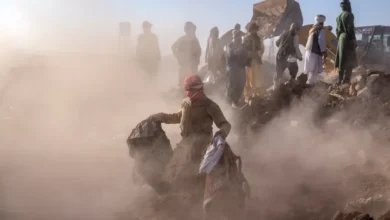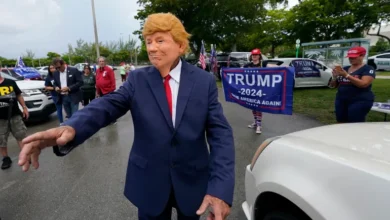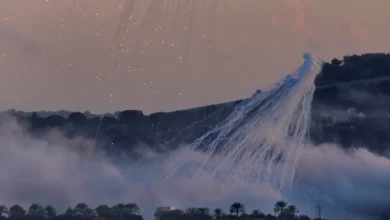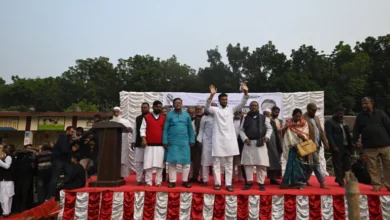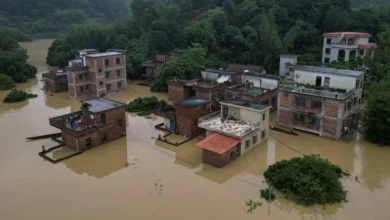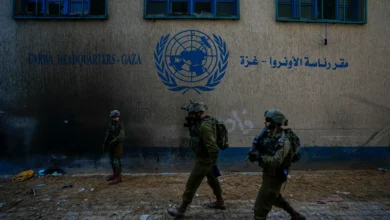Why Modi doesn’t want India to watch BBC film on Gujarat carnage
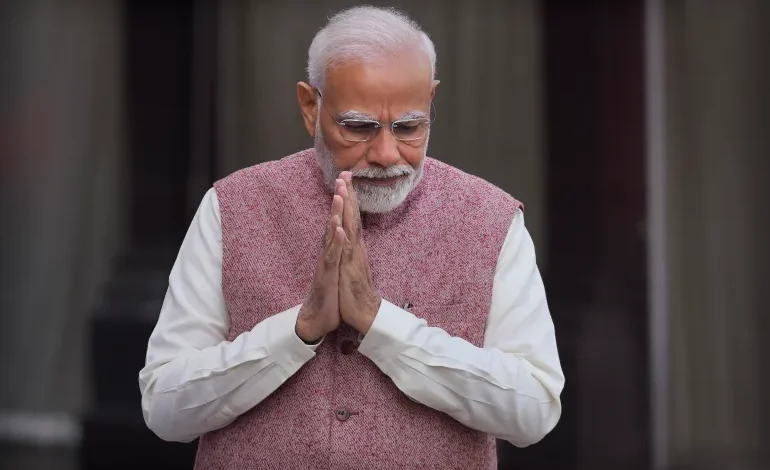
India’s right-wing government has used emergency powers to block the airing of a BBC documentary which questions Prime Minister Narendra Modi’s leadership during the 2002 Gujarat riots.
Calling the two-part BBC film, India: The Modi Question, a “propaganda piece”, the government ordered Twitter to take down more than 50 tweets linking to the documentary while YouTube was instructed to block any video uploads.
A screening of the documentary at one of India’s premier universities on Tuesday was disrupted by the authorities, who allegedly cut the power and internet lines to the office of the students’ union which had organised the event. India media reports said stones were thrown at students watching the film.
Similar screenings were also reported from other parts of the country, while opposition leaders, journalists and activists continue to share links to the BBC documentary on social media to defy the government order.
What happened in Gujarat in 2002?
In late 2001, Modi was appointed chief minister of India’s Gujarat state to resolve infighting in the Bharatiya Janata Party (BJP).
Until then, he was a prominent member of the Rashtriya Swayamsevak Sangh (RSS), the BJP’s far-right ideological mentor founded in 1925 along the lines of the then European fascist parties. The RSS aims to create an ethnic Hindu state in India where its 200 million Muslims will be second-class citizens.
In February 2002, a train – with many Hindu pilgrims returning home from the temple town of Ayodhya in Uttar Pradesh state – caught fire, killing 59 people. While the state government led by Modi alleged Muslim vendors at Godhra station burned the train, a 2006 report by a committee appointed by the federal government concluded the fire was accidental.
As soon as the news of the Godhra incident spread, Hindu mobs began to rampage through Muslim neighbourhoods across Gujarat. More than 2,000 people, most of them Muslims, were killed and dozens of women raped in what turned out to be one of the worst religious massacres in India’s history, turning Gujarat into one of India’s most religiously polarised states.
Many foreign governments, including the United Kingdom, stopped engaging with Modi at that time, while the United States imposed a travel ban on him.
But the carnage also earned Modi the epithet of “Hindu Hridaysamrat” (the ruler of Hindu hearts) and catapulted his stature within the RSS and the BJP. He continued to govern Gujarat till 2014, the year he moved to New Delhi to take over as India’s 15th prime minister.

